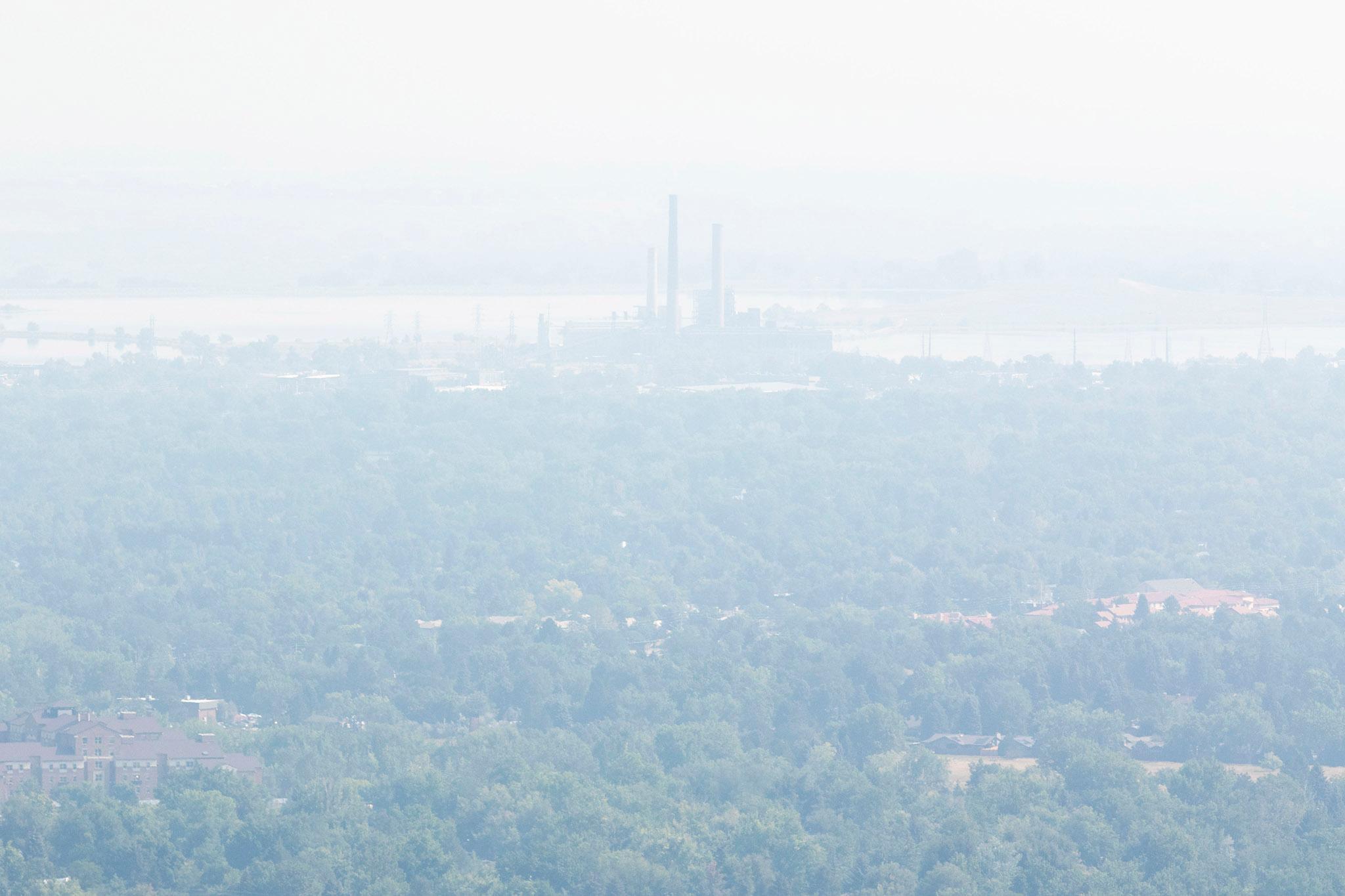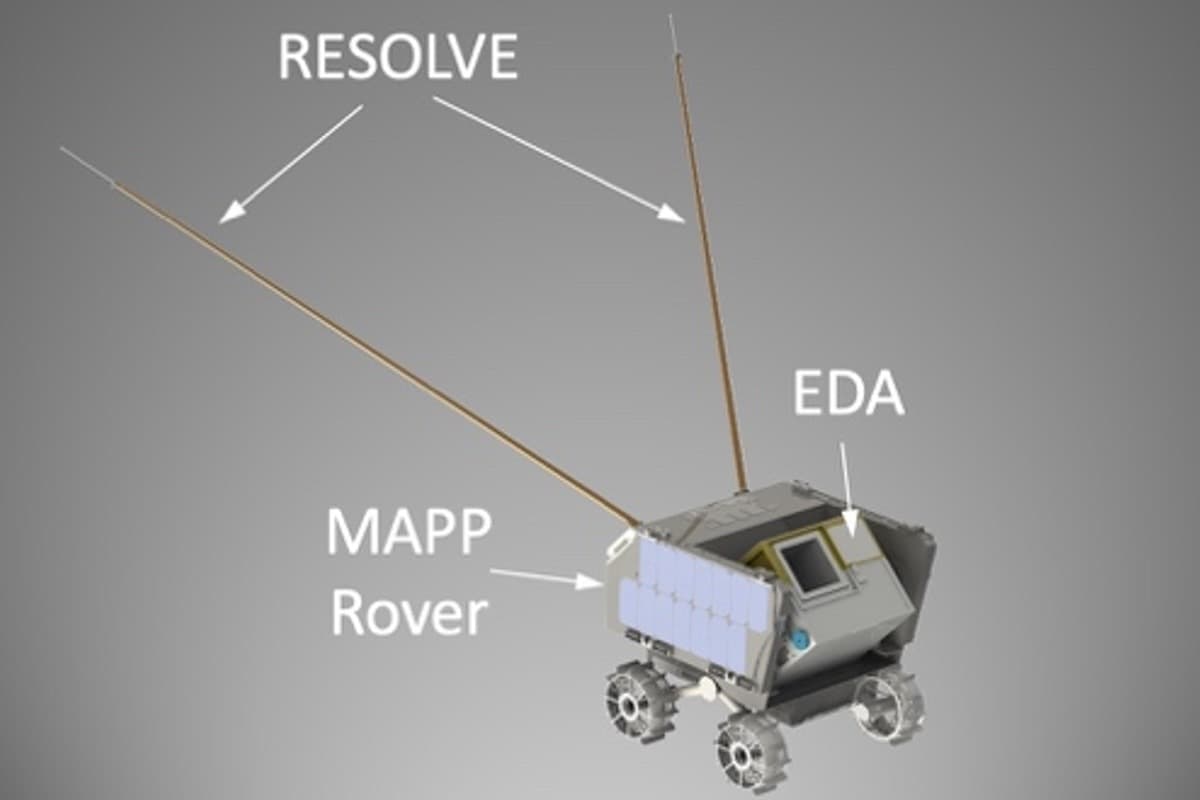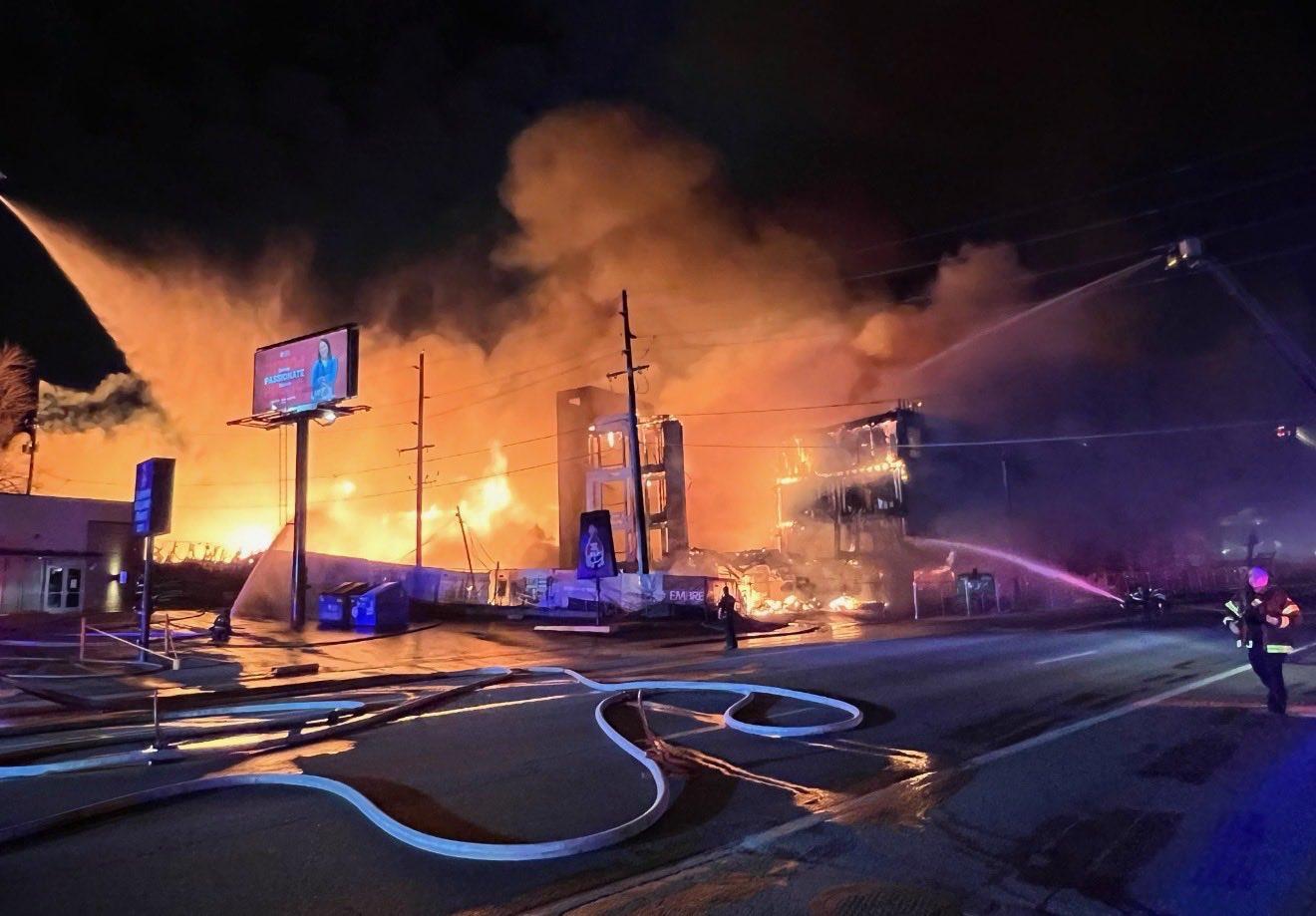
An Environmental Protection Agency review found Colorado regulators improperly issued air pollution permits to mines, asphalt plants and oil and gas sites, substantiating whistleblower complaints state employees filed with the federal agency last year.
The EPA report, released Thursday, focuses on the division inside the Colorado Department of Public Health and Environment that approves and issues air pollution permits to ensure local air quality levels don't fall below federal health standards.
That goal has proven elusive in recent years.
Over the last few summers, ground-level ozone has smothered the Front Range due to a combination of warm temperatures, wildfire smoke and continued urban and industrial development, leaving residents breathing a well-studied and dangerous lung irritant. The EPA has proposed reclassifying the region as a "severe" ozone violator after repeatedly missing deadlines to control the problem.
In March 2021, attorneys for three current and former employees of the Colorado Air Pollution Control Division sent a letter to the EPA's inspector general, the federal agency’s internal watchdog. It alleged a long-standing "culture of permitting at all costs" at the office, which they claimed was partially to blame for the deteriorating air quality along the Front Range.
In their letter, the Public Employees for Environmental Responsibility, a Maryland-based nonprofit representing the whistleblowers, claimed the state agency had banned “legally required” modeling to estimate whether emission sources would violate short-term health standards for pollutants like nitrous oxide, a primary ingredient of ground-level ozone. The complaint listed 11 facilities that were permitted but operating without demonstrating compliance, including a gold mine, a coal mine, multiple asphalt plants and a meat packing facility.
If proper procedures were in place, the complaint said the state could have forced the facilities to install pollution control technologies, take other measures to reduce emissions or downsize their operations.
“EPA appreciates the willingness of those who step forward and call attention to opportunities to improve environmental programs,” said Region 8 Administrator KC Becker. “Improving Colorado’s air quality is critical to EPA’s and CDPHE’s mission, and the steps being made to do so will benefit our health and our ability to address climate change.”
Attorneys for the whistleblowers did not immediately return a CPR News request for comment on the findings and recommendations. Leah Schleifer, a spokesperson for the Air Pollution Control Division, said the agency has already taken steps to respond to the complaints, including commissioning an independent review of its permit processes.
“We have been taking steps to address systemic issues within the division, including reorganization, modernization, seeking significant new investment, revamping procedures, improving processes, and acquiring leading-edge technology in monitoring and permitting,” Schleifer said.
The EPA also sees problems with Colorado’s air pollution permitting process
The EPA report, prepared by the agency’s regional office that covers Colorado, reviewed four of the permits raised in the original complaint. It concludes the agency issued permits even when proper analysis predicted violations of federal air standards.
“These insufficiencies apparently stemmed from CDPHE’s practice of determining when to require air quality modeling for minor source construction permit applications by using simplified criteria based on total annual emissions, which did not ensure that permits would be issued consistent with Colorado’s applicable regulatory requirements,” the report reads.
The EPA recommends Colorado air regulators review all 11 permits highlighted by whistleblowers. It also asks regulators to conduct improved modeling and monitoring to determine if any of the businesses are violating national air quality standards. Companies found to be exceeding federal limits would then need to take action to eliminate any illegal emissions.
Given the high level of public interest in those permits, regulators should provide an opportunity for “public notice and comment,” EPA regional staff wrote in the report.
The EPA also recommends the state broadly reform how it permits new "minor" sources of air pollution like oil and gas facilities and smaller factories. Those procedures are now outlined in what's called a state implementation plan, but the review concludes the existing processes aren't aligned with national air quality standards.
To ensure state regulators sort through those problems, the EPA asks for status updates on new permits in its future quarterly meetings with state regulators.
At the same time, Becker said the regional EPA office acknowledged Colorado regulators are already making “significant strides” to improve its air quality programs, including reforms and investments in its program overseeing minor air pollution sources.
“These include new processes and guidance, increased staffing, and improved coordination across teams,” Becker said. “We are also encouraged CDPHE is engaging directly with the public to enhance transparency and get feedback on additional refinements to program performance.”
Colorado is already reforming its air division
The EPA report is not the first review of the whistleblower complaints.
In the wake of the allegations, the Colorado Attorney General's Office hired a national law firm to review the employee's claims. It concluded the state permit processes were "confusing," but found no evidence that managers inside the Air Pollution Control Division intended to violate the law.
The same report found Garry Kaufman, the division’s director at the time, failed to disclose previous work for Newmont Mining, which later received an air quality permit for a gold mine near Cripple Creek, Colo. The review found no evidence the conflict affected the decision, but Kaufman was later reassigned to another role within the division.
Michael Ogletree, a former Denver air quality manager, has since taken over as the director. In the 2022 legislative session, lawmakers approved $43 million to help the agency hire additional staff and conduct more air monitoring. Ogletree has said the investment is necessary due to the EPA’s move to reclassify the Front Range as a “severe” ozone violator, which requires the state to apply tougher permitting standards to hundreds of pollution sources across the region.
Gov. Jared Polis called for additional reforms just days before the EPA report's release. In a public letter to agency leaders, he requested the state air regulators complete an evaluation of their modeling procedures and submit it to his office by July 1, 2023.
State regulators must submit written responses addressing the findings and regulations by Oct. 21.








